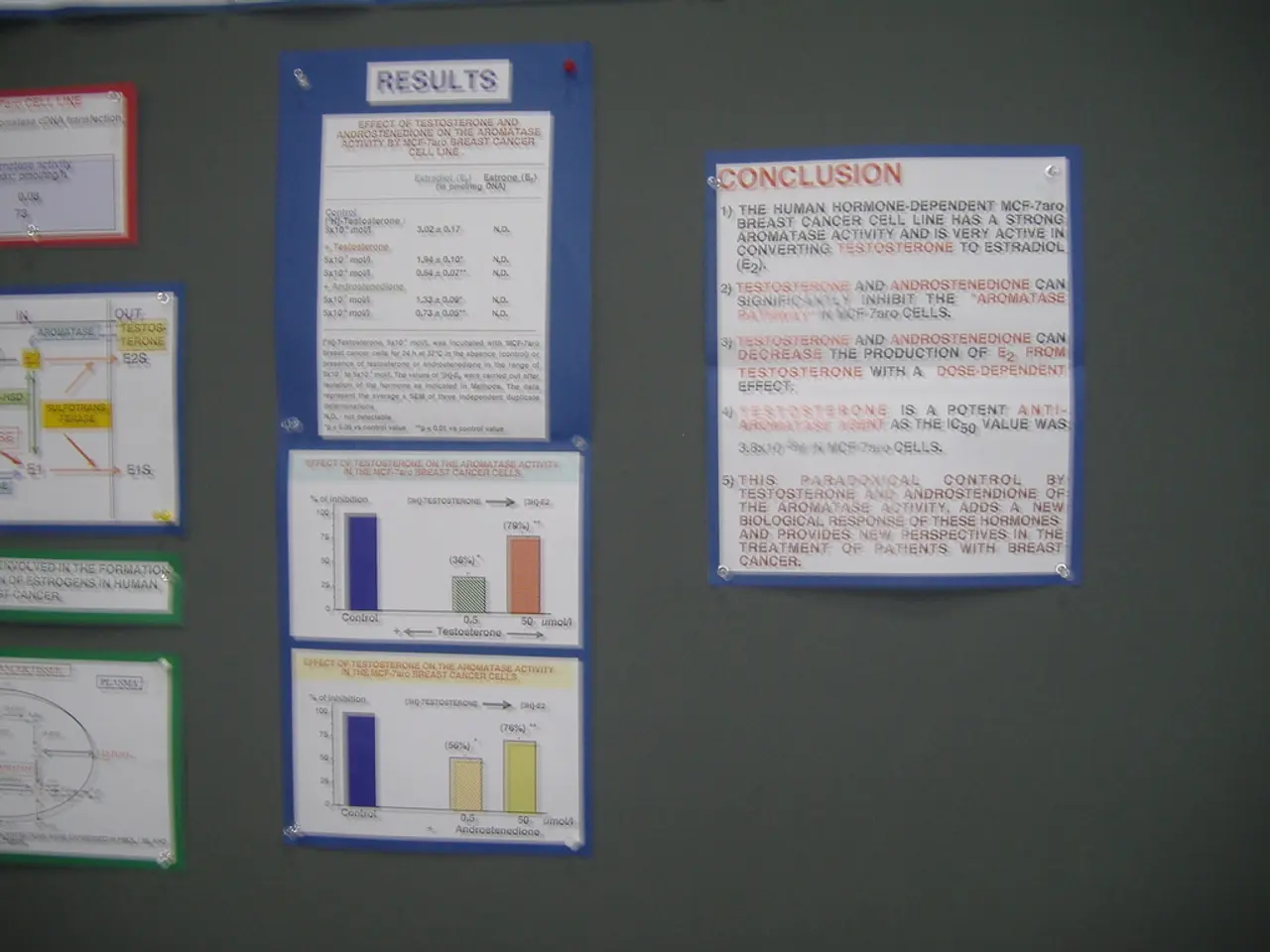Manager's liability for deposit funds?
In the realm of co-ownership, such as condominiums or homeowners' associations (HOAs), the role of a property manager extends beyond day-to-day property management. One critical aspect of their duties revolves around the management of reserve funds.
The property manager acts as a fiduciary, responsible for managing the funds prudently and in the best interests of the co-owners. This role encompasses accurate accounting, safeguarding the funds, transparency with co-owners, and active management of risks such as a banking collapse.
Key responsibilities of a property manager in relation to reserve funds include accounting and financial oversight, safeguarding the funds, transparency and reporting, compliance with governing documents and laws, and responding to bank failures.
In the event of a bank failure, the property manager must act swiftly to ascertain the status of the funds, coordinate with the HOA, bank regulators, and possibly legal counsel to recover the funds or secure new accounts. They are also responsible for informing all stakeholders and taking steps to mitigate financial disruption to the co-ownership.
It is essential to note that the property manager's obligation to productively invest the reserve does not mean they have to generate the highest interest rates. Agreeing on bank-standard interest rates for the reserve is sufficient.
The reserve, a mandatory separate property of the owners' community, must be kept either on a visible owner account of the owners' community or on a similarly visible third-party account. The property manager's task is primarily to manage the property, not to increase the reserve.
In some jurisdictions, such as in the Condominium Ownership Act (WEG), the owners' community can demand a reduction in the manager's fee if the manager commits a serious breach of duty. The question of the liability of the manager for the entrusted money in the reserve is a crucial consideration in this context.
For housing-related queries, our website offers a phone line available every second Monday, and emails can be sent to immo@our website. The next available date is July 14, 2025, from 10 to 11 am.
In a recent case, the accumulated reserve was deposited on a bank account that exceeded 100,000 euros, making it not covered by the bank's deposit insurance. Regrettably, the bank's collapse resulted in the loss of the reserve.
While the specific legal statutes may vary, the fiduciary responsibility and best practices around reserve fund management in co-ownership scenarios are well established within property management and HOA governance principles. It is always advisable to seek legal counsel for further investigation when dealing with such complex matters.
The property manager, given their role as a fiduciary, ensures that the reserve funds are managed prudently, following the principles of accurate accounting, safeguarding the funds, transparency, and risk management. In the unfortunate event of a bank failure, their responsibility includes promptly assessing the situation, cooperating with the HOA, bank regulators, and legal counsel to recoup the funds or establish new accounts. It is important to note that while the property manager is entrusted with investing the reserve, they are not obligated to generate the highest interest rates, as agreeing on bank-standard rates suffices.



